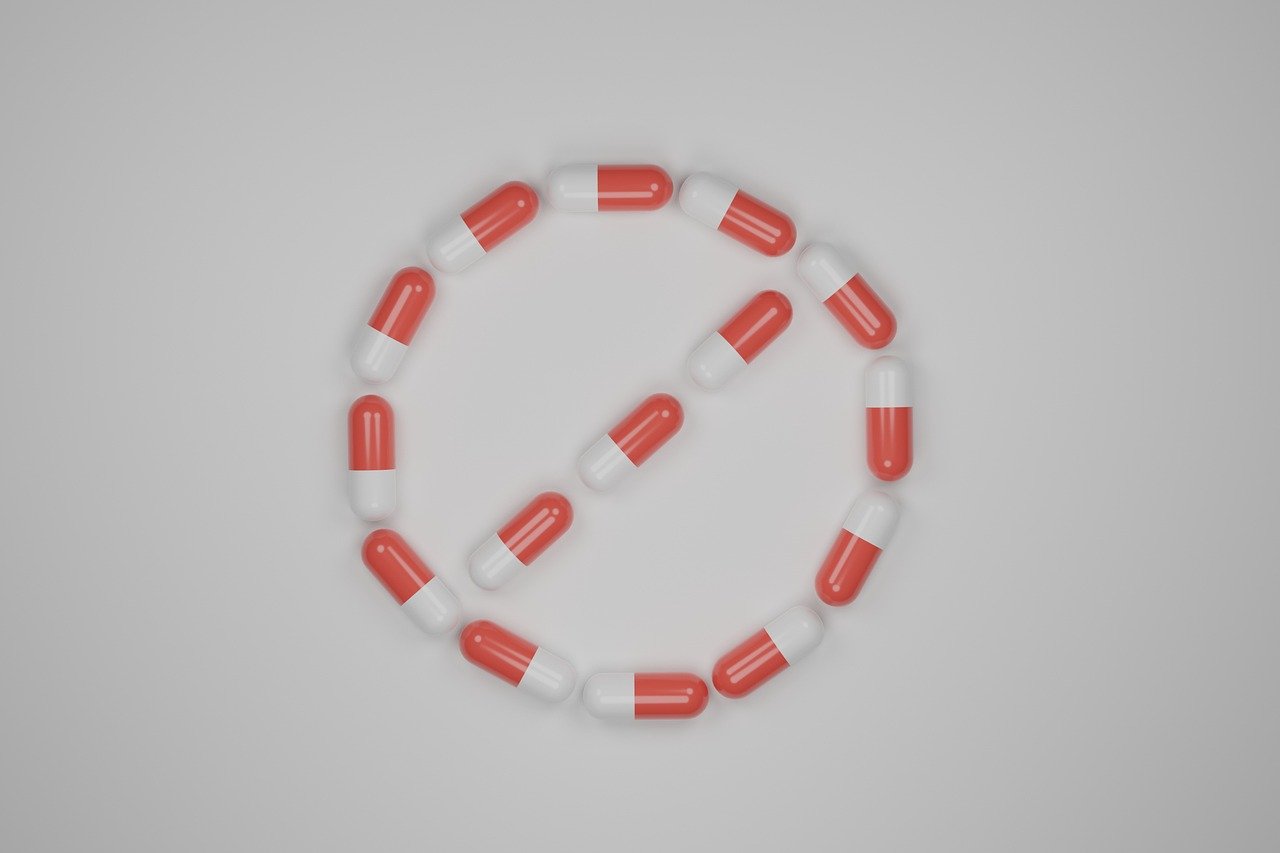
Male fertility refers to a man’s ability to impregnate a woman. It is determined by various factors, including the quality and quantity of sperm. Many factors can affect male fertility, including age. In this blog, we will discuss whether male fertility decreases with time and the possible reasons behind it.
Age and Male Fertility
As men age, their fertility levels tend to decrease. This decrease occurs gradually and usually starts after the age of 35. After the age of 50, the decline in fertility is even more noticeable. However, it is important to note that not all men experience a decline in fertility as they age.
Reasons for Decrease in Male Fertility with Age
Several factors can contribute to the decrease in male fertility with age. These include:
- Decrease in testosterone levels: As men age, their testosterone levels tend to decrease. This decrease can affect the quality and quantity of sperm.
- Increase in DNA damage: As men age, the quality of their sperm may decline due to an increase in DNA damage. This can result in lower fertility levels.
- Increase in oxidative stress: As men age, their bodies may produce more free radicals, leading to oxidative stress. This stress can damage sperm and decrease fertility levels.
- Lifestyle factors: Smoking, excessive alcohol consumption, poor diet, and lack of exercise can also contribute to a decrease in male fertility.
How Can Male Fertility be Tested?
There are several tests that can be used to assess male fertility. These include:
- Semen analysis: This test measures the quality and quantity of sperm in the semen.
- Hormone testing: This test measures the levels of hormones, including testosterone, that are involved in male fertility.
- Genetic testing: This test can identify genetic disorders that may affect male fertility.
- Testicular biopsy: This test involves removing a small sample of tissue from the testicle to assess the quality of sperm production.
What Are the Treatment Options for Male Infertility?
There are several treatment options available for male infertility. These include:
- Medications: Medications can be used to increase sperm production and improve fertility levels.
- Surgery: Surgery can be used to correct conditions that may be affecting male fertility, such as varicocele.
- Assisted reproductive technology (ART): ART involves procedures such as in vitro fertilization (IVF) and intracytoplasmic sperm injection (ICSI) to help couples conceive.
Why Choose the Best IVF Centre in Delhi?
If you are experiencing male infertility, it is essential to seek the help of a qualified and experienced fertility specialist. The best IVF centre in Delhi can offer comprehensive fertility treatments and the latest technology to help you achieve your dream of starting a family. Some of the benefits of choosing the best IVF centre in Delhi include:
- State-of-the-art facilities: The best IVF centre in Delhi is equipped with the latest technology and equipment to ensure accurate diagnosis and effective treatment.
- Experienced doctors and staff: The centre has a team of experienced doctors and staff who can provide personalized care and support throughout your fertility treatment.
- Comprehensive fertility treatments: The centre offers a wide range of fertility treatments, including IVF, ICSI, sperm and egg donation, and surrogacy.
- Affordable treatment options: The best IVF centre in Delhi offers affordable treatment options, making it accessible to couples from all backgrounds.
Conclusion
In conclusion, male fertility does tend to decrease with age, but not all men will experience a decline in fertility. There are several factors that can contribute to a decrease in male fertility, including age, lifestyle factors, and genetic disorders.












